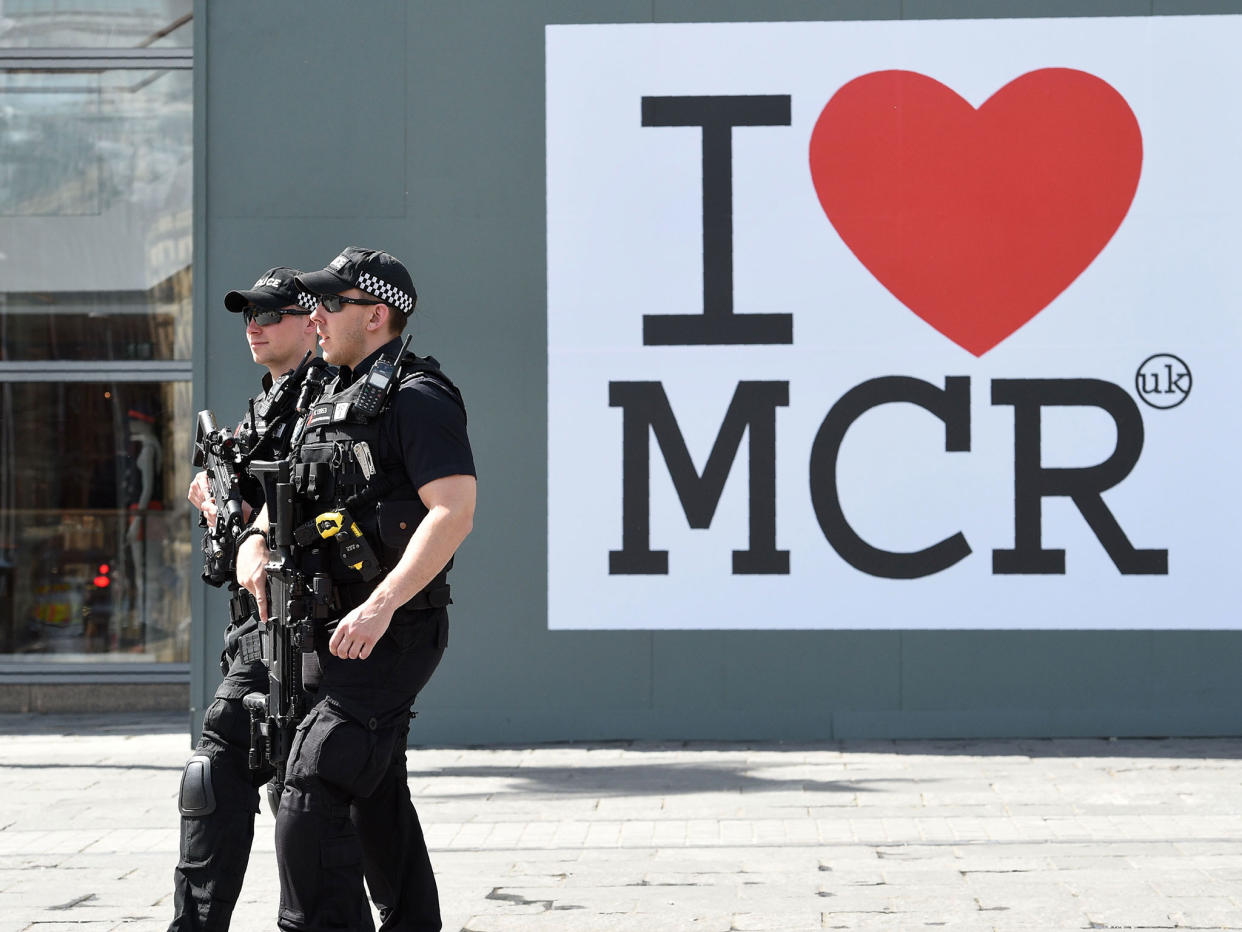After Manchester, Britain is experiencing the fear that Syrian children live with every day

“At least 68 children died in an Isis attack in Syria this week too.” Several friends have posted this remark on my Facebook and Twitter newsfeeds in the days since 22 people were murdered in a terror attack on Manchester Arena last Monday.
“Those children are just as deserving of our sympathy,” they wrote, sharing a link to articles about the bombing of a Syrian bus. Except, of course, that news story was from April – and the attack wasn’t even carried out by Isis.
For some reason, stories about the bombing of civilians being evacuated from the besieged towns of al-Foua and Kefraya by al-Qaeda linked rebels have been widely reshared in the wake of the Manchester attack. The interesting thing is that when the news of that earlier event actually broke – the horrific attack occurred on Easter Sunday – I don’t remember anyone responding in this way. The incident was so little known, it didn't even ring a bell with people before they shared it again this week. That, in itself, speaks volumes about our natural attitude to terror attacks that happen on streets a long way from our own.
What happened to the young people and parents at the Ariana Grande concert is a tragedy. Macro factors such as the controversial effects of Western foreign policy in the Middle East are not the only reason why terrorists blow up arenas full of young women having fun; they do it because they filled with hatred. They do it because they can.
What the UK is experiencing now is a taste of the fear and instability many in the Middle East have hanging over their heads every single day (although, as far as terrorist atrocities go, new figures from war monitor The Syrian Observatory for Human Rights show that in the last four weeks, US-led coalition air strikes have killed more Syrian civilians – at least 225 – than those believed to have died at the hands of Isis and the Assad regime combined.)
Where I live, in Lebanon, everyone has some kind of horror story they could tell you. There are more than a million Syrians here who have watched their country get ripped apart by war.
The memory of atrocities committed during Lebanon’s 15-year-long conflict has not faded for older Lebanese generations, while younger people remember Hezbollah’s 2006 war with Israel vividly; even that brief conflict changed the trajectory of millions of lives. One friend here was supposed to take a job in Tunisia when IDF bombing destroyed the runways at Beirut’s airport. He couldn’t leave the country, and the post was not kept open for him. He still wonders how his life might have panned out if he’d been able to travel as planned.
Most of the time, people in Lebanon don’t want to talk about old pain, and why should they? Life, in all its uncertain and painful forms, has to go on.
Proximity to events like these makes them much scarier. How many of those outraged by the attack in Manchester have offered the same concern for weeping parents and terror survivors in this part of the world? It's a peculiar type of cognitive dissonance that allows us to consume news from distant conflicts and tragedies without emotional fallout, but not the ones that occur closer to home.
The attack in Manchester was, sadly, not unique. Those grieving join a sorrowful community across the globe made up of millions of people who have lost loved ones to extremist violence.
In the immediate aftermath of the attack, the Government raised the the UK's terror threat level from "severe" to "critical". The UK may yet be unfortunate enough to be targeted again. If it is, we should acknowledge that this is part of a daily struggle in many parts of the world. How lucky we are not to have to worry about terror every moment of our lives.

 Yahoo News
Yahoo News 
